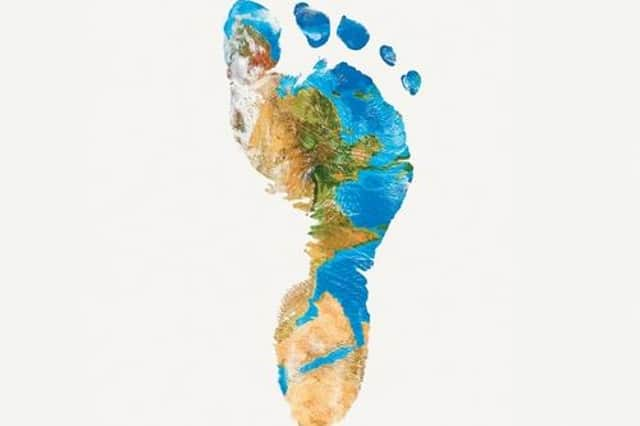Book review: The Next Great Migration, by Sonia Shah


If you want to know what Sonia Shah has to say in her new book, all you need really do is have a glance at the back cover. “Politicians and the media,” says the blurb, “present the (current) upheaval of migration patterns as unprecedented, blaming it for the spread of disease and conflict. But the science and history of migration in plants, animals and humans tell a different story. Far from being a disruptive behaviour… migration is a biological imperative as natural as breathing… in other words, migration is not the crisis, it is the solution.”
Shah’s book, in other words, is written in praise of mobility and movement, both in nature and among humankind; and the rest of its 318 pages – plus an extensive academic apparatus of references, notes and index – consists of a sequence of illustrative examples and heartfelt polemics, designed to demolish the arguments of those joyless and controlling types who, throughout history, have in Shah’s view elevated their prejudice against the lively and sometimes messy dynamics of the natural and human world into a series of scientific theories often presented as fact, and designed to project a much more fixed and rigid picture of how nature and humanity “should” be.
Advertisement
Hide AdSo, among Shah’s earliest targets is the revered 18th century Swedish naturalist Linnaeus, whom she berates for imposing on the natural world and its species the kind of rigid categorical thinking that, when extended to the human species, led – conveniently in an age of rapid European imperial expansion – to the development of exaggerated theories of racial difference and hierarchy. She traces that line of thought through into the widely-accepted eugenic theories of the early 20th century, which not only led to the mass slaughter of humans deemed inferior in Nazi death camps, but also had a profound and shocking influence on American immigration policy well into the late 20th century. And she exposes the persistence of this kind of thinking among the white supremacists who arguably exercise an undue influence on the current US President, quoting – among many other examples – his all too familiar attempts to demonise migrants on the southern border of the United States as “criminals” and “rapists,” clearly inferior to the existing population.
Shah is a Baltimore-based science journalist best known, by coincidence, for books on pandemics and disease control; she is also the daughter of migrants, whose Indian parents arrived in New York during the 1960s. Her contempt for those who assume that migration is a bad and threatening phenomenon, and then repeatedly bend the facts to fit that largely false conclusion, is palpable; and as a result, her book probably stands little chance of persuading those who do not already share her views.
For those of us who grasp the central truth that human beings are all part of one family, though – born to travel, to meet, to get to know one another and to intermingle – her book is a hugely entertaining, life-affirming and hopeful hymn to the glorious adaptability of life on earth. Always, the argument is threaded through with delicious descriptions of the natural world and its endless mobility, from butterflies to hungry bears. And although Shah’s arguments may not be watertight, her luminous love for this changing world is surely a far better guide, as we face an uncertain future, than the dreary fear-mongering and lies of those she condemns, sometimes without much elegance, but always with a rich measure of gaiety, humour, and hope.
The Next Great Migration, by Sonia Shah, Bloomsbury, 387pp, £11.99
A message from the Editor:
Thank you for reading this story on our website. While I have your attention, I also have an important request to make of you.
With the coronavirus lockdown having a major impact on many of our advertisers - and consequently the revenue we receive - we are more reliant than ever on you taking out a digital subscription.
Advertisement
Hide AdSubscribe to scotsman.com and enjoy unlimited access to Scottish news and information online and on our app. With a digital subscription, you can read more than 5 articles, see fewer ads, enjoy faster load times, and get access to exclusive newsletters and content. Visit https://www.scotsman.com/subscriptions now to sign up.
Joy Yates, Editorial Director